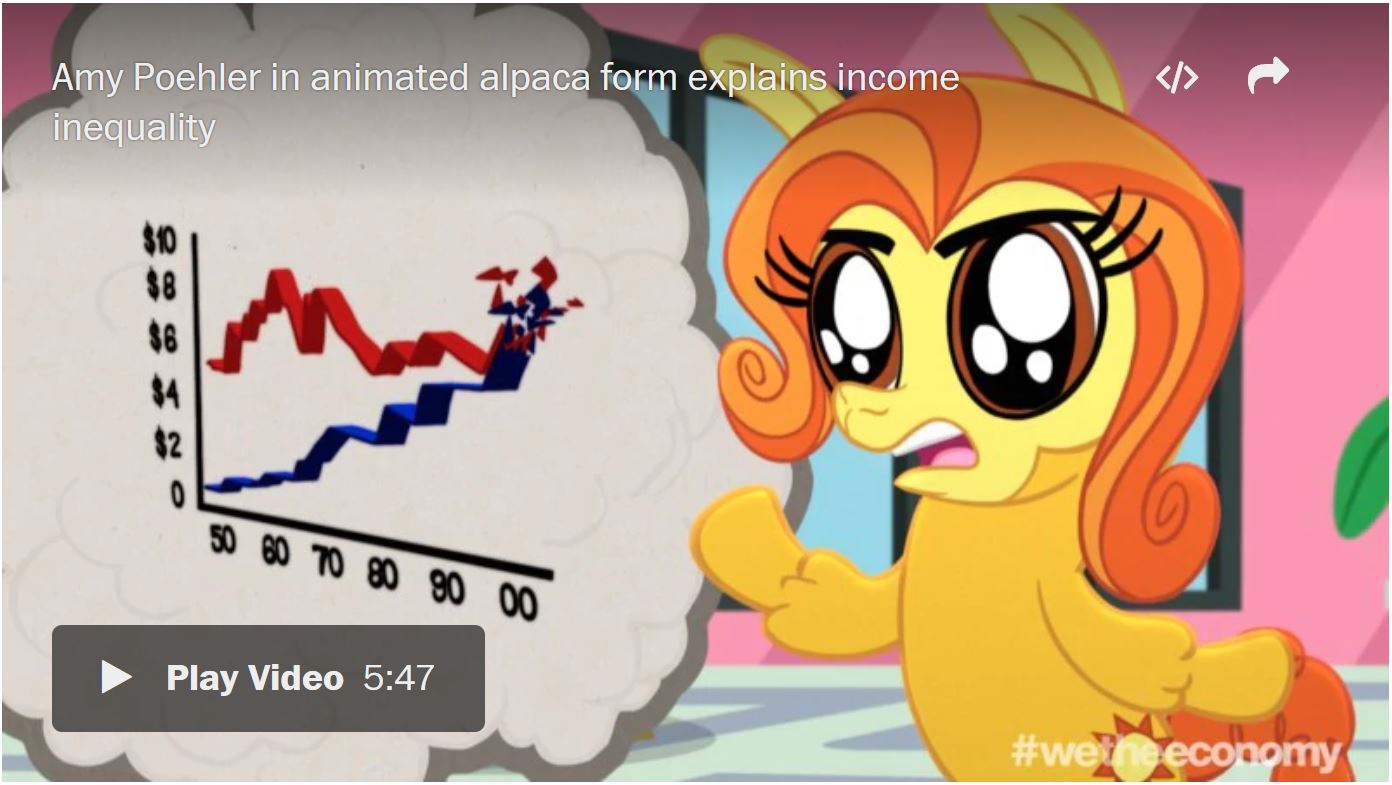President Sanders, Anyone?

The election of Donald Trump was, in many respects, the greatest presidential election upset in modern U.S. history. Now, with his presidency reeling amid a special-counsel probe, multiple resignations, an absence of legislative achievements and dismal approval ratings, many Americans already seem to view his victory as the equivalent of a hundred-year flood — in other words, the type of surprise that today’s voters won’t see again.
Except they will. The Trump election likely signals a new era of extreme voter discontent and improbable national election results. Why? Because the so-called American Dream — that each generation would live better than its predecessor — has ended for most of our citizens. Half of the young adults in this country will earn less over their lifetimes than their parents did. Indeed, the whole idea of rising living standards, which defined this country for so long, is a thing of the past for most Americans. More and more voters realize this and are angry about it.
Consider the economic data. One of the best measures of national economic progress, or lack of it, is the simplest: Are wages rising? Looking back over the past 40 years, the answer is no. According to the Hamilton Project, overall U.S. wages, adjusted for inflation, are essentially flat over this period — registering about 0.2 percent growth. Which means that purchasing power, a good proxy for living standards, is flat, too.
The trend in real median household income, a measure that incorporates increases in the number of family members who work, is similarly poor. This figure peaked right around $59,000 per household in 1999, after many years of rising female participation in the workforce. But it was also approximately $59,000 last year. This comes after a recent uptick in both wages and household income, an increase that furthermore probably reflects this late stage of the economic recovery, rather than any change in this long-term stagnation.
Then, there is the degree to which so many Americans now live on the edge of financial danger. The 2016 Federal Reserve Board survey of household well-being found that 46 percent of U.S. adults could not meet a $400 emergency expense without borrowing or selling something they owned. And a stunning one quarter of adults cannot pay their monthly bills in full.
These factors explain why income mobility has decreased so much. Profoundly important research, led by Raj Chetty of Stanford University, demonstrated this year that 50 percent of the children born in 1980, who are now well into the workforce, would not earn more than their parents. And that such mobility has been declining steadily for four decades. Which suggests, unfortunately, that it may continue downward.
A series of powerful, entrenched factors have brought the American Dream to an end. Economists generally cite globalization, accelerating technology, increased income inequality and the decline of unions. What’s noteworthy is that these are long-term pressures that show no signs of abating.
Yes, it is possible to imagine a bold policy agenda that might move wages up. It could involve elements of both the Republican and Democratic wish lists, like a huge federal infrastructure initiative; business tax reform; steps to increase college entrance and completion rates; expansion of the earned-income tax credit; and better protections against abuses in overtime pay, in work schedules and in the distinction between employees and independent contractors. But gridlock in Washington, reflecting all this voter anger, is worse than ever. And few of these policy changes are likely any time soon.Finally, there continues to be a debate among political scientists and sociologists as to whether these income pressures or cultural factors such as a rebellion against the establishment contributed more to the Trump upset. But, in reality, the two factors are interrelated. Household financial troubles increase cultural resentment and the sense that there are two Americas. Especially with the share of national income going to the lower 80 percent of earners at a 100-year low.
There is no reason to think, with continued income weakness, that we will not see a similarly discontented electorate in upcoming elections — including because the Trump administration, like its recent predecessors, will not have delivered better household economics. Which suggests volatile voting behavior again. And with a right-wing candidate having won the presidency last year, and voters often seeking the opposite in the next election, don’t be surprised if a distinctly left-wing candidate takes the White House in 2020. President Sanders, anyone?
Roger C. Altman, a former deputy treasury secretary and founder and senior chairman of the investment banking firm Evercore, has worked on nine Democratic presidential campaigns, including Hillary Clinton’s in 2016

